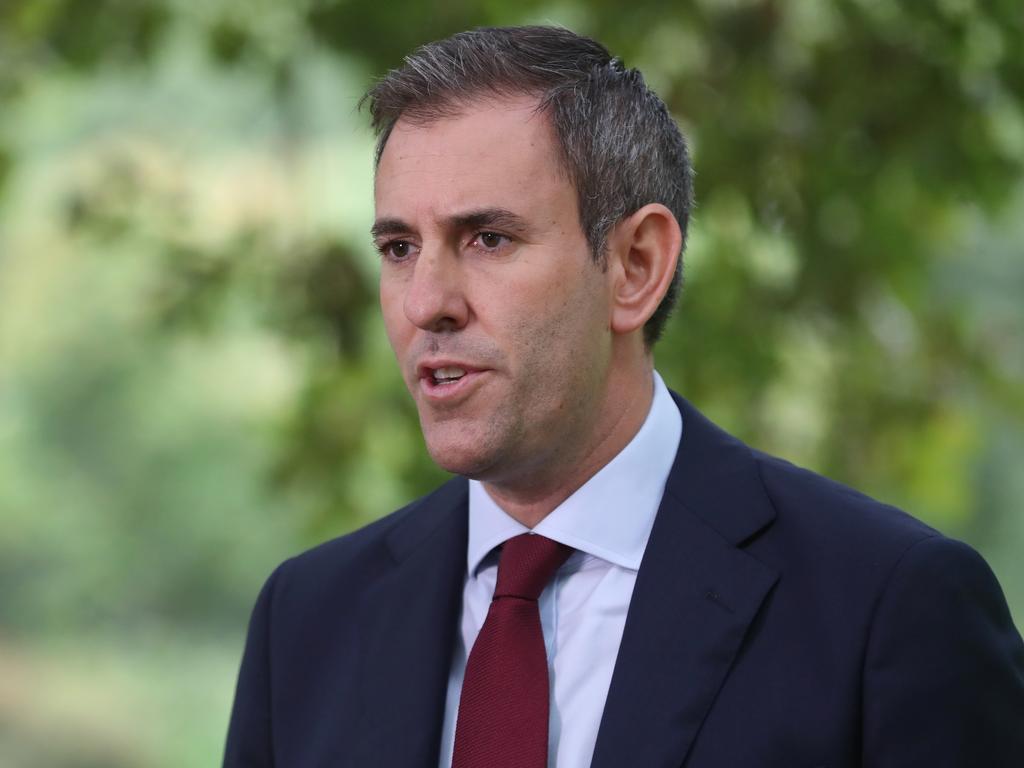Budget: Burden on business to be eased by $1bn
Millions of small businesses will save about $1bn a year in compliance costs under budget reforms slashing red tape and streamlining tax reporting.

Millions of small businesses will save about $1bn a year in compliance costs under budget reforms slashing red tape and streamlining tax reporting, which Josh Frydenberg says will help working Australians spend “less time buried in paperwork”.
The budget package will also deliver $1.85bn in cashflow support by reducing the level of tax instalments small businesses and sole traders are required to pay in 2022-23. Ahead of releasing expanded incentives for small and medium businesses in next Tuesday’s budget, the Treasurer said the government was focused on freeing up cash in the private sector for investment, innovation and jobs creation.
Unpublished Australian Taxation Office data shows that 2.3 million SMEs, which employ almost eight million Australians, will have higher cashflow from a lower concessional instalment level. Businesses and sole traders facing a 10 per cent increase in their tax liability will benefit from a lowered 2 per cent concessional uplift rate for their quarterly tax payments in the next financial year.
Budget reforms slashing red tape and compliance costs include automating the calculation of tax instalments, removing duplicative reporting requirements and digitising income reporting for trusts.
The commonwealth will fund a new IT system, which automatically calculates tax instalment levels in real-time based on current financial performance instead of basing levels on the previous year’s tax liability. The platform ensures that if sales fall due to natural disasters, businesses will automatically have higher instalments adjusted to support cashflow without needing to contact the ATO. Small businesses will also no longer be required to lodge tax returns with state and territory revenue offices if they have used the ATO’s Single Touch Payroll.
Mr Frydenberg said the budget reforms would “allow small business to report only once to meet their commonwealth, state and territory tax obligations; automate processes; and minimise reporting requirements to support cashflow and slash red tape”.
“The government’s package builds on our substantial support for SMEs throughout the pandemic, including JobKeeper, the cashflow boost, tax cuts and record investment incentives which kept businesses in business and Australians in work,” he said.
“The Morrison government understands the pressures facing small business and sole traders. That is why we will continue to support them through lower taxes and less red tape. A vote for Labor at the next election will bring with it higher taxes, fewer jobs and a weaker economy.”
About 1200 fuel and alcohol businesses with turnovers of less than $50m, including small brewers, distillers and oil importers, will be able to automatically lodge and pay excise returns on a quarterly basis without needing to continue monthly payments. Treasury estimates the reform, expected to be in place by the end of 2023, will provide cashflow relief of up to $100m across four years and about $8m in deregulatory cost savings annually.
The government’s small business and sole trader budget package will cease requirements for 190,000 businesses, contracting building and construction, cleaning, freight, courier, security and IT services to submit a separate taxable payments annual report from December 31 next year. The new IT system will use information collected through Business Activity Statements to automatically prefill taxable payments annual reports.
From mid-2024, more than 30,000 entities using trusts, and which currently lodge income tax returns by paper, will be allowed to submit them electronically.
Employment Minister Stuart Robert said “in challenging and uncertain times, it is important Australia’s small and family businesses know their government has their back”.








To join the conversation, please log in. Don't have an account? Register
Join the conversation, you are commenting as Logout